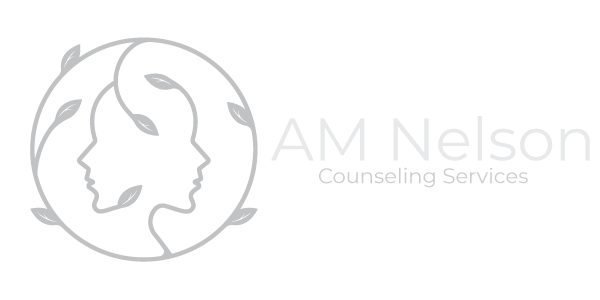People who seek trauma EMDR therapy are normal, regular people who have experienced a life event that has gone wrong. Perhaps you were at the right place at the wrong time and experienced a crime, natural disaster, or witnessed a violent act. Perhaps you were at the wrong place and unforeseen events unfolded that were outside of your control. Perhaps you were involved in a relationship (childhood or adult) that did not nurture your self-worth or was abusive. In short, negative life events can happen to anyone, unexpectedly. This is not your fault. An EMDR Therapist can help guide you to move past these unfortunate events. You do not need to allow these negative events to define the rest of your life.
Signs and Symptoms that EMDR Therapy Could Be Helpful
Normal, regular people who are searching for a way to stop past negative events from impairing their current lives go to EMDR therapy. Some people are able to continue living in a similar way as they did before, such as meeting family obligations and excelling at work. Other people have more pervasive symptoms and problems carrying out daily tasks and roles; they may have noticed a shift in how relationships feel, or may not have been able to go to work or school. Sometimes people feel “on edge,” irritable, or grumpy in a way that isn’t normal for them. Problems with concentration or having difficulty recalling information or learning new things can occur.
Having signs or symptoms that something is wrong after something has actually gone quite wrong, does not make you weak or crazy. It does mean that something profound has happened that may be beyond your ability to cope with it alone. If you continue to feel the negative impact of a traumatic experience several weeks after the event is over, EMDR therapy may benefit you.
Some life experiences seem to carry a negative charge that is pervasive and powerful. If can be difficult to shake a feeling of blame, shame, powerlessness, or fear. People often wonder “why.” Why did it happen, why won’t it stop, why were they in a particular place, why didn’t they trust a certain feeling, why did they ignore a gut sense? People also continue to replay scenes in their minds, or jump at similar sounds or places. Nightmares, flashbacks, avoidance of reminders, always feeling on guard, or having intrusive thoughts can be symptoms of an unresolved trauma experience that is still affecting you.
How Do I Start EMDR Therapy?
Finding a licensed psychotherapist who is also certified in EMDR is a great place to start. EMDR therapy by a licensed and EMDR certified psychotherapist can assist you in exploring, processing, and moving past these trauma symptoms. EMDR is psychotherapy and requires considerable experience, knowledge, and training to be conducted in a safe and effective manner. By finding a licensed psychotherapist who is also certified in EMDR treatment, you are providing yourself with an opportunity to work with a professional who understands trauma and has considerable experience helping others.
If you miss the old you, or are looking to find the new version of yourself that doesn’t seem stuck in the past, EMDR therapy may help. EMDR therapy explores previous, current, and future events, thoughts, and feelings. The process can help you shift to more adaptive, positive ways of managing and conceptualizing unfortunate life experiences.



